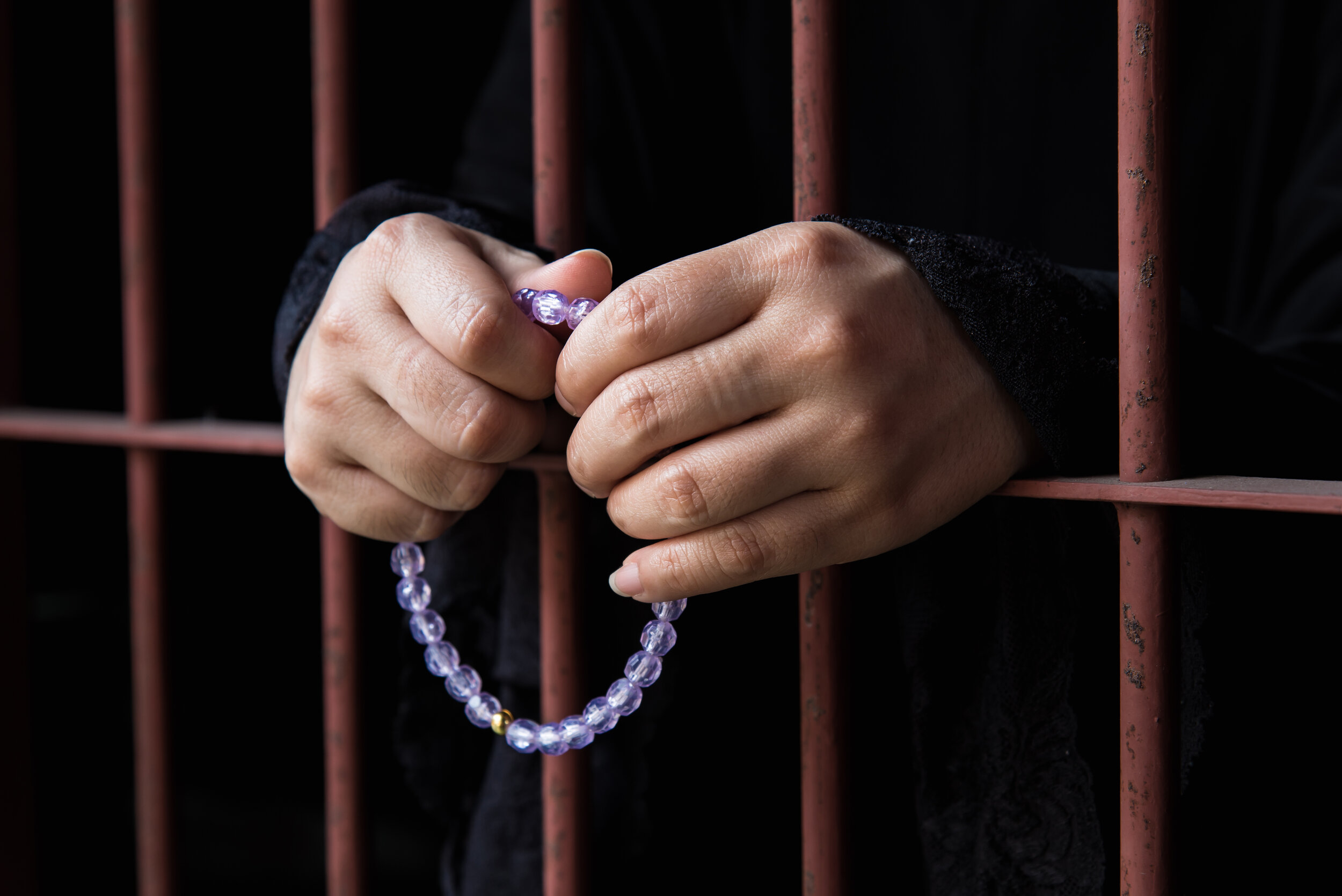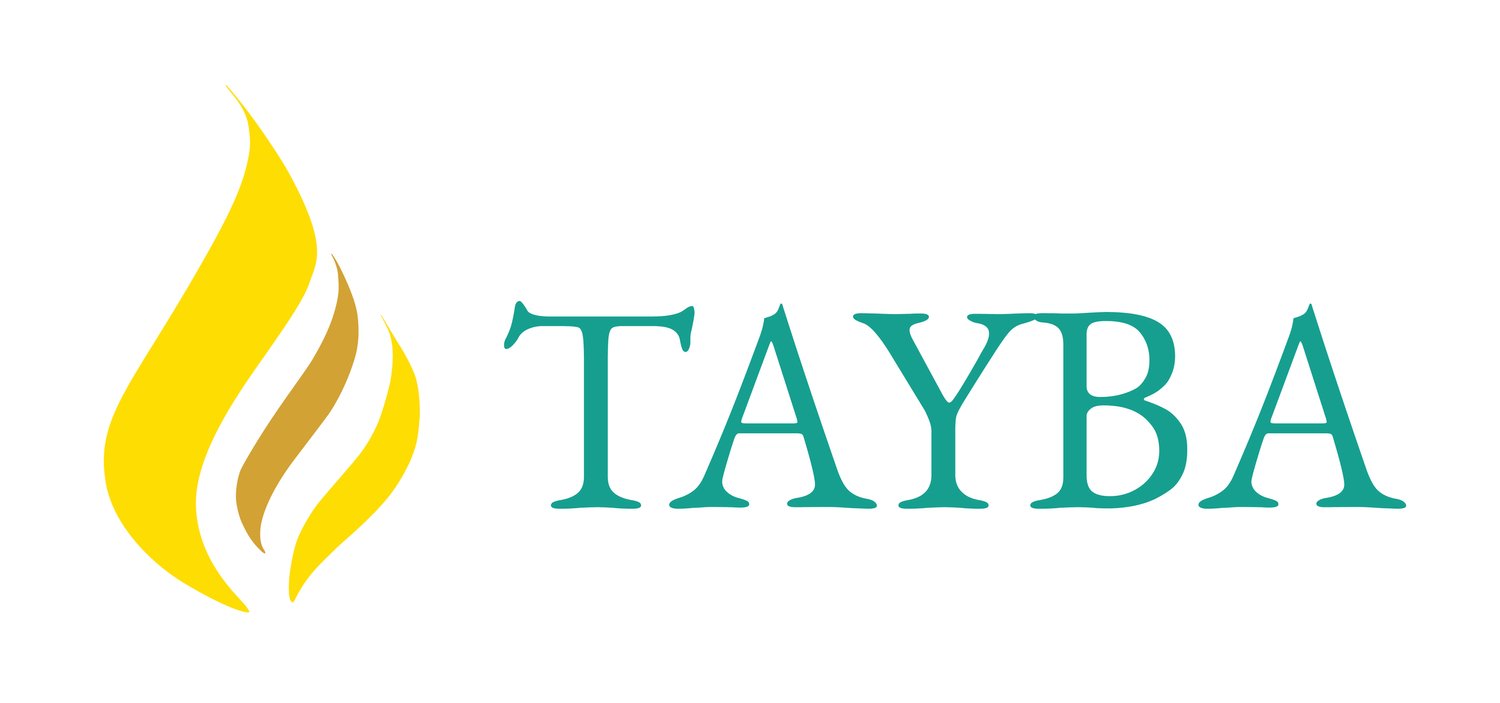
Project Fatima
“I’m still traumatized by these experiences 30 years later, and have a hard time socializing with people.”
~Kimblerly, Tayba student serving a 20-year sentence
Female prisoners face an entirely different set of challenges
Nearly 95% of incarcerated women had a traumatic past and link to substance abuse.
62% of women in prison have children under 18. Most of these mothers are the primary caretakers and their incarceration relegates the children to foster care
While male incarceration has been steady or falling in most states, female incarceration is rising in many parts of the country
Like men, most female Muslims in prison are converts, but struggle even more with finding needed resources and support both behind bars and upon re-entering society (read one such story here)

For Muslim women affected by incarceration, there’s Project Fatima
Thanks to the generosity of Muslim donors - especially the Bay Area Community Grant (BACG) - Tayba Foundation has been developing Project Fatima to help:
Increase Islamic scholarship amongst women through sacred learning in prison and after release
Create a Muslim female prisoner network that would facilitate sharing knowledge, experiences, and support across a normally disconnected community
Provide relevant and compassionate counselling, advice, and support by female Tayba staff who have personal incarceration experience
How it all came about
In 2015, SMILE For Charity (one of Tayba’s funders) asked us to increase enrollment of female students into our Islamic Studies Program. But what started as a simple objective eventually became a long-term project to prioritize and provide customized support to Muslim females impacted by incarceration.
“Although women are a small minority of the overall prison population, we have always given any female applicant to our study priority processing and never placed them on a waiting list.”
Rami Nsour, Tayba Foundation Director

Timeline
2015: Outreach to female prisons across US, resulting in increased enrollment of female students from 15 to 100
2017: Connections made with female chaplains and students to review available materials and programs in prisons
2018: A professional researcher was hired to help develop a Needs Assessment which was sent to over 115 female students
Women have a very unique experience while in prison as well as in reentry for a number of reasons including family situations, work availability, victimization, and the need for community connections.”
Tabari - Tayba Foundation Reentry Manager
2021:
Full-time hire of a formerly incarcerated female Tayba student to coach and support sisters transitioning into free society.
Tayba receives a grant from The Bay Area Community Grant (BACG) to:
Expand services to Muslim women
Offer personalized care in reentry
Extend services to women 6-12 months before their release and continue for up to 3 years post-release

